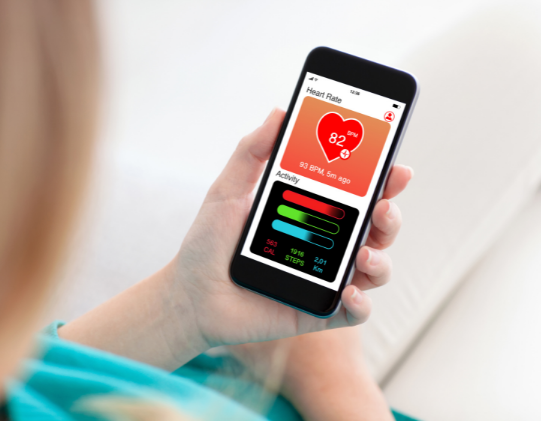
L-Baiba: The Magic Exercise Pill?!
September 17, 2023
Gut Health FAQs
September 29, 2023
We’ve all experienced it before – the groggy, tired feeling after a night out or a late night binge-watching our favorite show. We may not realize it, but this phenomenon is called social jet lag, and it can have serious consequences on our health. Social jet lag refers to the misalignment between our body’s internal clock, or circadian rhythm, and our social schedule. In other words, it is the discrepancy between when our biological clock tells us to sleep and wake up versus when we actually do so because of our social activities. While many people view social jet lag as a normal part of life, it is important to recognize its potential negative effects on our health and well-being.
What Causes Social Jet Lag?
Several factors, including differences between our social and biological clocks, changes in routine and schedule, and environmental factors such as light exposure.
Our social clock is the schedule that we follow based on our social activities such as work, school, and social engagements. On the other hand, our biological clock is an internal mechanism that regulates our sleep-wake cycle and is influenced by natural factors such as light and darkness. Staying up late on weekends or traveling to different time zones can throw off our internal clock, making it difficult to maintain a consistent sleep schedule. Additionally, exposure to artificial light at night can suppress the production of the hormone melatonin, which is responsible for regulating our sleep-wake cycle.
The Side Effects
There are several negative consequences on our health, including the disruption of our circadian rhythms, impaired cognitive function and performance, and increased risk of chronic health conditions such as obesity and diabetes.
Disrupting our circadian rhythms can affect our sleep quality and quantity, which can lead to a host of negative consequences such as fatigue, difficulty concentrating, and decreased productivity. This disruption can also have long-term effects on our overall health, including increased risk of cardiovascular disease, diabetes, and obesity.
Impaired cognitive function and performance can affect our ability to think clearly and make good decisions. This can impact our work performance, school work, and daily activities. In addition, social jet lag can increase our risk of accidents and injuries, particularly if we are driving.
Social jet lag has been linked to an increased risk of chronic health conditions such as obesity and diabetes. These conditions are associated with sleep deprivation, which can result from social jet lag. Additionally, social jet lag can contribute to an unhealthy lifestyle by disrupting our eating habits, causing us to consume more calories and unhealthy foods.
It can also have negative effects on your mental health. People who experience social jet lag often report feeling more stressed, anxious, and depressed than those who maintain a regular sleep schedule. This is because sleep is essential for your body’s ability to regulate mood and emotions. When you disrupt your sleep, you also disrupt your body’s ability to manage stress and other negative emotions.
How to Reduce Social Jet Lag
Recognizing social jet lag in our own lives can be difficult, as it often manifests in subtle ways. Some common signs and symptoms of social jet lag include fatigue, difficulty concentrating, irritability, and difficulty falling asleep or staying asleep.
It’s not that you shouldn’t go out and have fun, just be conscious of the effect your actions have on your sleep schedule (see more tips on optimized sleep here).
Here are some tips to help you avoid social jet lag and maintain a healthy sleep routine:
- Stick to a consistent sleep schedule, even on weekends.
- Limit your alcohol and caffeine intake, especially before bed.
- Exercise regularly to improve your sleep quality and promote weight loss.
- Eat a healthy diet rich in nutrients and low in processed foods.
- Create a relaxing bedtime routine to help your body wind down before sleep.
- Use relaxation techniques like meditation or deep breathing to help you fall asleep faster.
- Avoid screens before bedtime, as the blue light emitted can disrupt your circadian rhythm.
- Consider investing in blackout curtains, a white noise machine or The Manta Sleep Mask to help you sleep better.
- If you have trouble sleeping, talk to your doctor about medication or other treatment options.
- Be mindful of the long-term effects of on your health and well-being.
Conclusion
Social jet lag is a common phenomenon that can have detrimental effects on our health and well-being. By understanding the causes and negative effects and recognizing it in our own lives, we can take steps to reduce its impact. Simple changes in our routines and habits, such as maintaining a consistent sleep schedule, limiting exposure to artificial light at night, and incorporating healthy habits such as exercise and nutrition, can go a long way in improving our overall health. Start by implementing small changes today, and reap the benefits of better sleep and overall well-being.
Found this article interesting?
For more tips and the latest and greatest in health optimization, follow me on Instagram.




